Sorry for going AWOL — I had applied for a Schengen visa, and it got issued only days before my flight so there was a LOT of rushing around, travelling, and settling in before I could write this issue.
There are two ways you can lose a friend (that’s alive) — a disastrous friendship breakup or the classic drift apart.
The friendship breakup
Something happens, and either both or just one party knows what happened. But for one of them, this spells the end of the friendship. Except, there’s no real way to ‘break’ a friendship in adulthood. You can’t just tell them ‘You’re not my friend anymore’ at recess and then go to your next class.
You just have to dissolve the friendship. Or they will. It’ll start with someone ghosting the other’s calls invites to meet up, and eventually, there are only Google photos showing up as memories every year to really remember them and the ‘good ol’ times’ by.
It’s painful, and it sucks because when you break up with a romantic significant other, society understands and accepts that grief. Because to everyone else, the loss of an SO (breakup or otherwise) means a drastic change to your (quality of) life. But I’d argue that losing a good friend can be equally devastating, especially if that’s a long-term best friend.
More often than not, you’d cry on your best friend’s shoulder. Or vent to them over a few beers. You never expect them to be on the other side, you know?
Someone on TikTok tried to share how they would ‘end a friendship’ humanely (no ghosting, etc.). While I understand the sentiment, the words chosen are way too corporate for my liking — it almost sounds like the amazing job you interviewed for gently telling you that they’re going a different way.
But is there even a way to end a friendship nicely?
No, I don’t think so — we don’t have the language for that because there aren’t any allowances for that kind of grief, change, and pain in society and normal life yet. If grief is too big a word for losing a friend, you can choose whatever word you’d like: hurt, sadness, etc. We really need language between “It’s no big deal” and “It’s the end of the world, it’s like they died.”
Ghosting is painful for the person on the receiving end, but perhaps it’s kinder than being blindsided with something like, ‘This friendship doesn’t serve me anymore; we’re growing in different directions.’ I’m not sure.
What I am sure about is that we definitely need to acknowledge just how deep the pain of losing a friend can run. Whether it’s the friendship breakup, the drift apart, or losing a friend who passes away too soon, it’s awful. It’s already hard enough to make friends as an adult. Losing friends to distance, life changes, differing priorities, etc., is a huge loss to most people.
Social media can be a bane or a boon — you can use it to stay in touch over long distances, or it can further the divide between friends, leaving you watching each other’s updates and Insta stories and learning about their lives through captions.
The drift apart
There comes a time in your adult life when you have to make a list — a list of people to call for something. Whether that’s a 30th birthday party, a wedding, or your PhD celebration, this is a list of people you consider your nearest and dearest.
But the moment you’re making your list, you might realize — ‘Oh, I don’t speak to them anymore, I haven’t really had a proper conversation with them beyond a yearly check-in!’ It’s not fun to realize that you’ve gone months without speaking to someone who you used to talk to thrice a day — it’s a sobering realization of adulthood, and you probably don’t even have the time or energy to properly grieve the loss of that friendship with work, your immediate family, and an endless list of things you have to do.
I’ve always maintained that you cannot and should not expect every single emotional need to be fulfilled by one person (even if that’s your SO). So, obviously, you need friends (or other loved ones) to talk to in the week, vent about work, and just, to chit-chat generally.
As you grow through life, you could drift apart from the friend who you called first anytime anything happened, your childhood best friend, or even your college best friend. All these friendships were a formative part of your life, so it’s obvious that a change in them (even gradual) will affect you immensely.
Soon, you go from live life updates to reminiscing about the good ol’ days, whether two or twenty years ago, are a constant refrain in your conversations. Whenever you catch up, the topics will wildly jump back and forth between the past and the present (occasionally the future). And that’s because it’s the only area you feel comfortable talking about (you can’t really ruin the good ol’ days; nostalgia knows this). — Paraphrased from a conversation with Shreya
But the loss is still present. You used to tell this person what flavour juice you had with breakfast. Now, you have to tell them four major life updates on your twice-a-year call — you got a dog, you started therapy, you’re seeing someone new, and whatever else.
Friendship breakups, drifting apart, losing a friend to something — it’s sad that we don’t have a way to properly express how heartbreaking this can be. You don’t even get bereavement leave for your friends dying (usually).
When you befriend someone, you don’t know how much they will mean to you. When you have a best friend or a really good friend, you don’t expect the friendship to end — even when, rationally, you know that people outgrow each other and drift apart for so many reasons (even ones out of their control).
You just never expect your friendship to be one of the casualties of time, space, and people.
Anyway, reach out to your friends — check in on them, rekindle dying friendships, or take time to grieve and let go of the ones you’ve lost.
What did you think of this issue?
Your anonymous feedback helps me improve. Thanks!
If you liked this issue (or like the newsletter in general), you could tangibly support me with a coffee (or dollars to buy the coffee)! ☕
Nia’s Newsletter Rec!
We all need more romance1 in our lives. Sometimes, that means reading more romance. So here's a great romance reads newsletter that I recommend: The Unapologetic Romance Reader by Kaitlyn Arford is a free weekly newsletter that shares book recommendations, new releases, free books, author interviews, and giveaways.
Two issues to check out: Books to fill the Bridgerton-shaped hole in your heart and romance books that explore disability and disabled protagonists.
Some stuff to check out! ⭐
Whimsy, spontaneous, fun things: what adults forget about friendship
How commuting could be worse for you than losing a limb and 9 other interesting charts by
.30 lessons from 30 years of living.
One of my favourite talks about creative anxiety & procrastination from one of my favourite authors.
The concept of graceful degradation — the opposite of planned obsolescence. In the face of Apple randomly declaring perfectly functional products 'vintage' to make their newer models seem more appealing, I'm hoping more companies adopt a 'graceful degradation' approach to creating.
Thanks for reading! Please hit the heart below or drop a comment if you liked it (helps more people find this newsletter + gives me a serotonin boost). 🖤

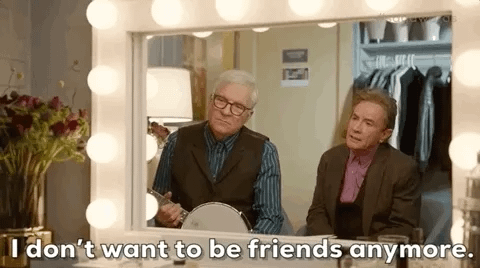


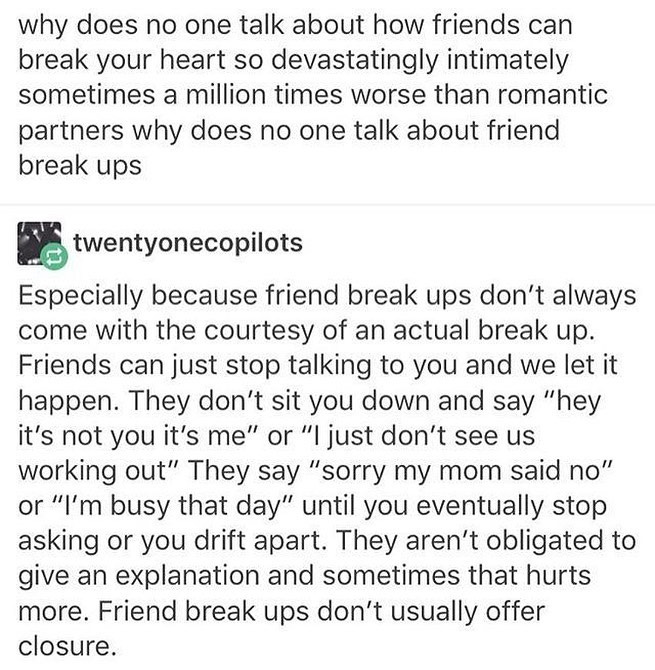

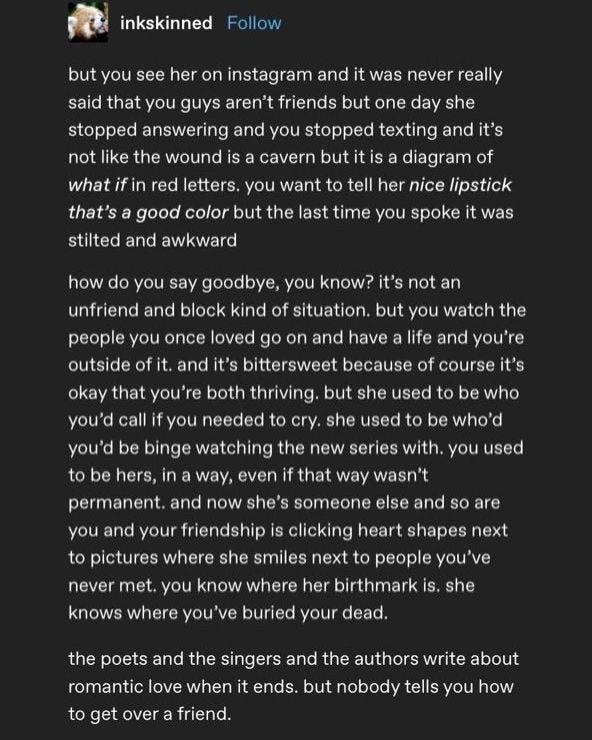
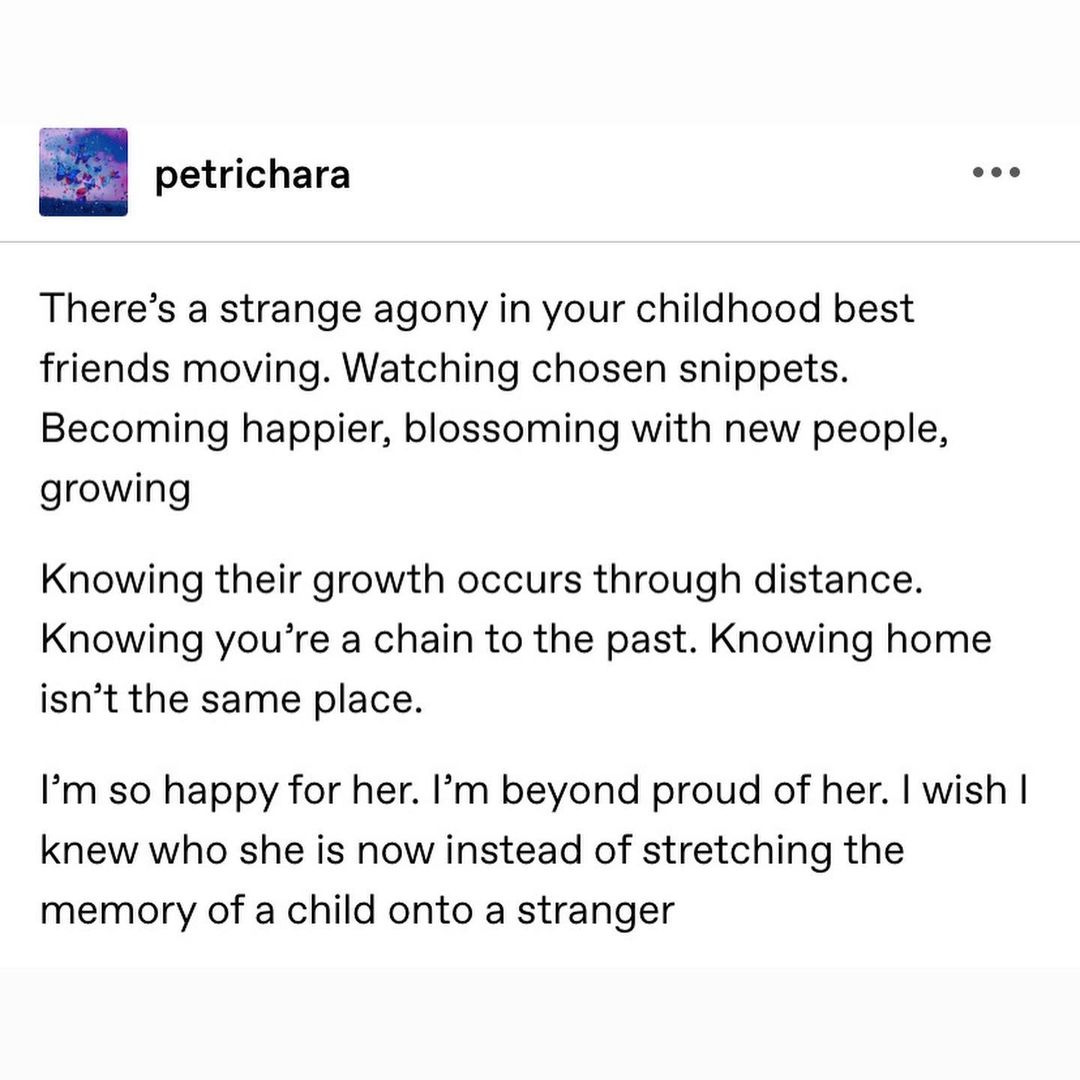
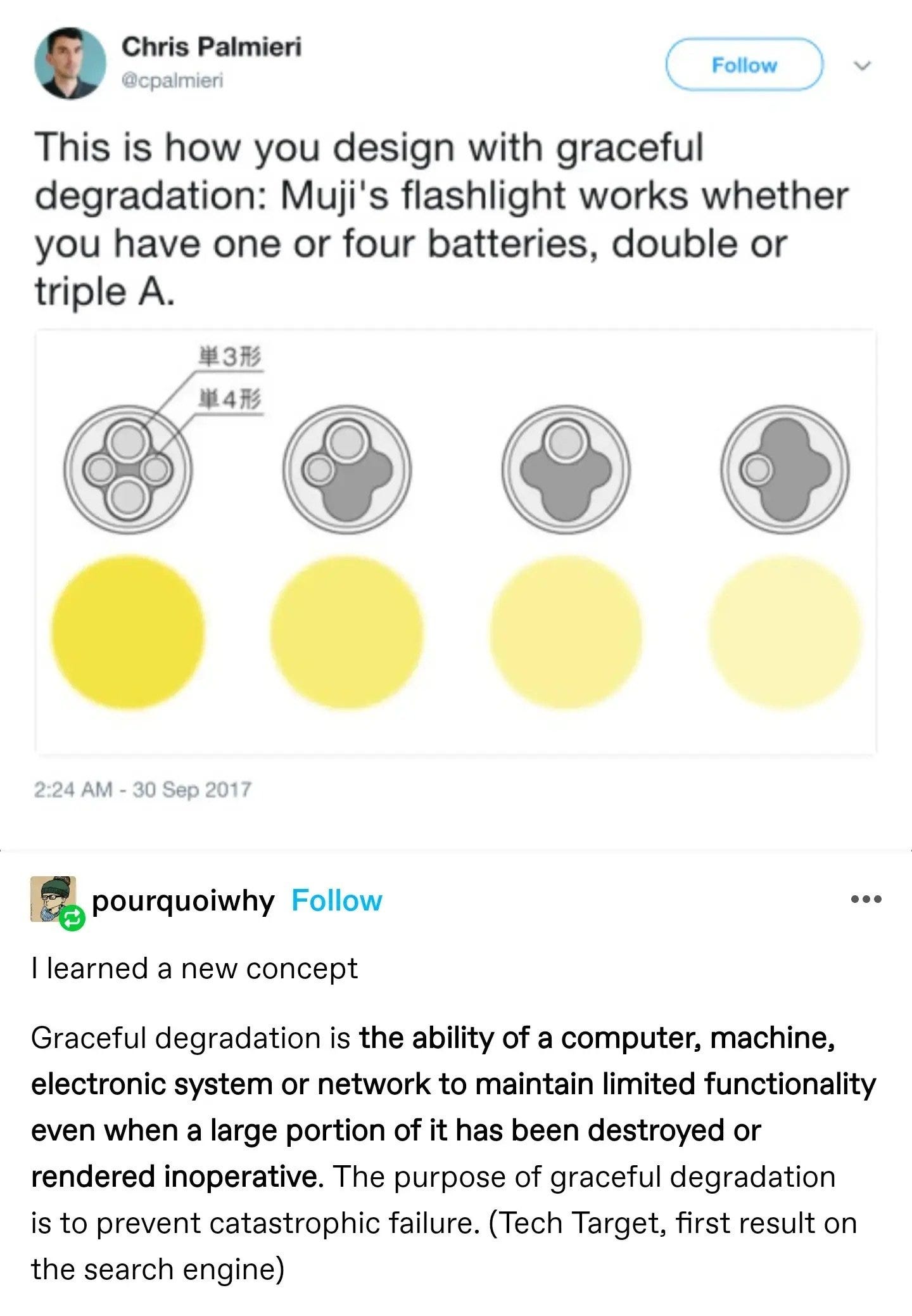

I've been thinking about this topic a lot lately, as I enter a new decade of life and realise how my friendships have changed. Thanks for giving language to what I was feeling
Thank you Nia! I always look so forward to your generous posts 🥰